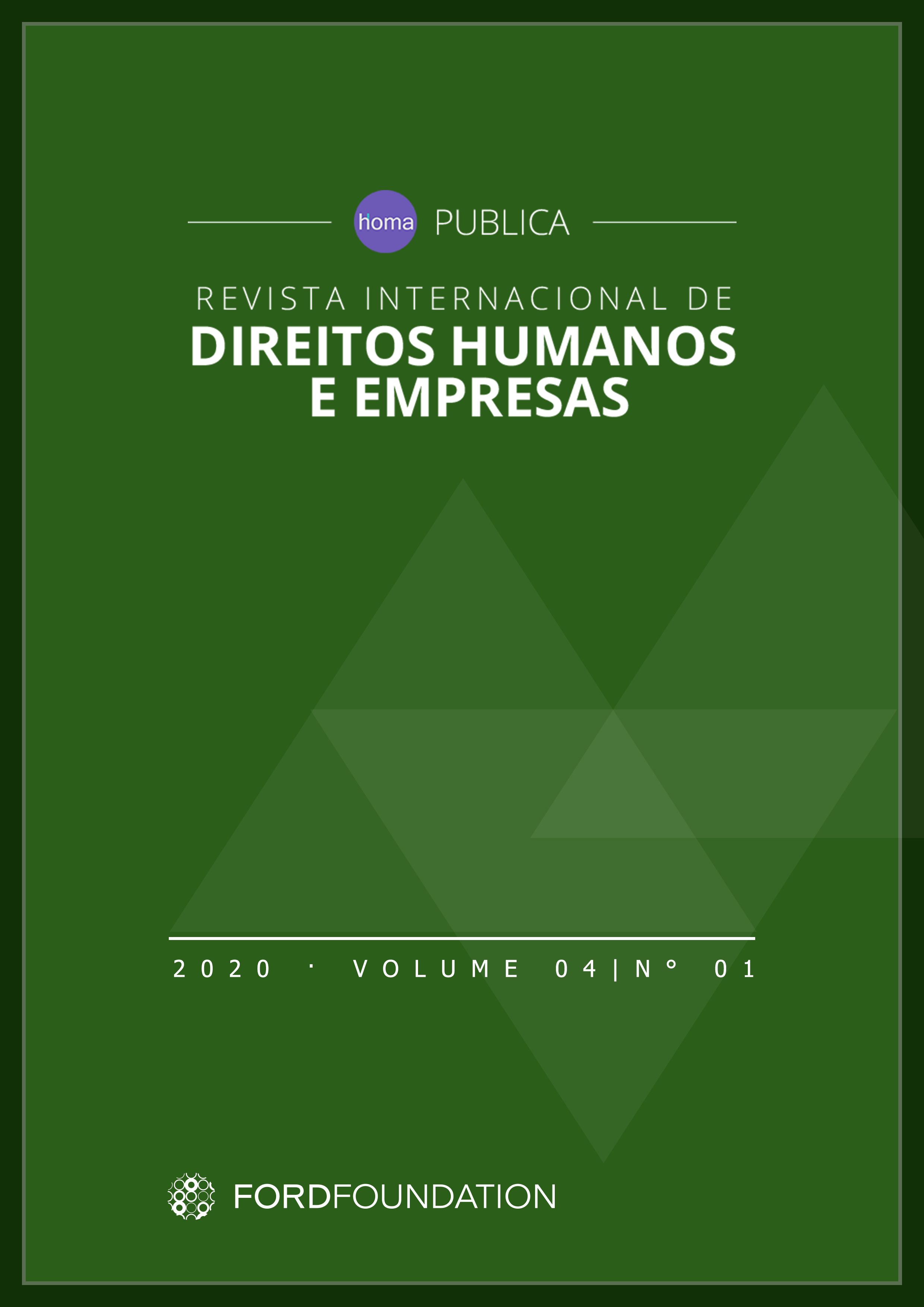From the Sun to Amazon: a reflection on hydroelectrics and analysis of solar energy practices in the Tapajós River
Published 2020-01-30
Keywords
- Decentralised Energy,
- Awareness,
- Environmental Education,
- Photovoltaic Power Generation
How to Cite
Abstract
The article aims to analyze news about the use of solar energy in the Tapajós river basin, showing actions of cleaner, fairer and decentralized energy in riverside, indigenous communities and the outskirts of the city, as well as making a theoretical reflection on the construction of hydroelectric dams in the Amazon and contextualizing the relevance of decentralized solar energy use in Brazil. The Amazon biome has always been considered as a place of gigantic reserves of raw material with potential for generating goods for the world, whether for mineral, energy and planting resources. We selected 7 news articles on the theme of solar energy in the Tapajós River, which aim to sensitize people to a new energy matrix energy through environmental education.It is noted a priori that solar energy initiatives in the Tapajós basin are carried out by three organizations, two Non-Governmental Organizations - NGOs and a Social Movement located in the city of Santarém-PA. However, to encourage solar energy is to think about economic issues, especially in the northern states that even providing great energy to the Southeast, still pays for the most expensive energy in Brazil. Thinking about the issue of decentralized and cleaner energy generation is talking about a new fairer energy model, providing more social equity, as well as making room for initiatives of a networked solidarity economy by civil society organizations.
Downloads
References
ANEEL, Informações técnicas. 2015. Disponível em: http://www.aneel.gov.br/informacoestecnicas//asset_publisher/CegkWaVJWF5E/co ntent/geracaodistribuida-introduc-1/656827. Acesso em julho de 2019.
ANEEL. Relatório de Consumo e Receita de Distribuição: SAMP. Brasília - DF: ANEEL, 2017b. Disponível em: https://bit.ly/2JGjnc7. Acesso em 11 set. 2019.
BARBOSA, V. 2016. Solar e eólica vão ‘eclipsar’ hidrelétricas no Brasil. Revista Exame.com. Disponível em: http://exame.abril.com.br/economia/solar-e-eolica-vaoeclipsar-hidreletricas-nobrasil/. Acesso em:10 de julho de 2019.
BARP, C. A.; SEHNEM, S.; BENCKE, F. F. Energia fotovoltaica como matriz energética sustentável em organizações. R. gest. sust. ambient., Florianópolis, v. 3, n. 2, p. 178 – 203. out.2014/mar.2015.
BECKER, B. K. Amazônia. Série Princípios. 1º ed. Editora Ática. São Paulo, 1990.
BECKER, B. K. Geopolítica da Amazônia. Estudos Avançados, São Paulo, v. 19, n. 53, p. 71-86, 2005a.
BOFF, L. Ecologia social em face da pobreza e da exclusão. Letra ativa, Brasília, p. 41-72, 2000.
BRASIL. MMA. SNUC – Sistema Nacional de Unidades de Conservação da Natureza: Lei nº 9.985, de 18 de julho de 2000. Plano Estratégico Nacional de Áreas.

